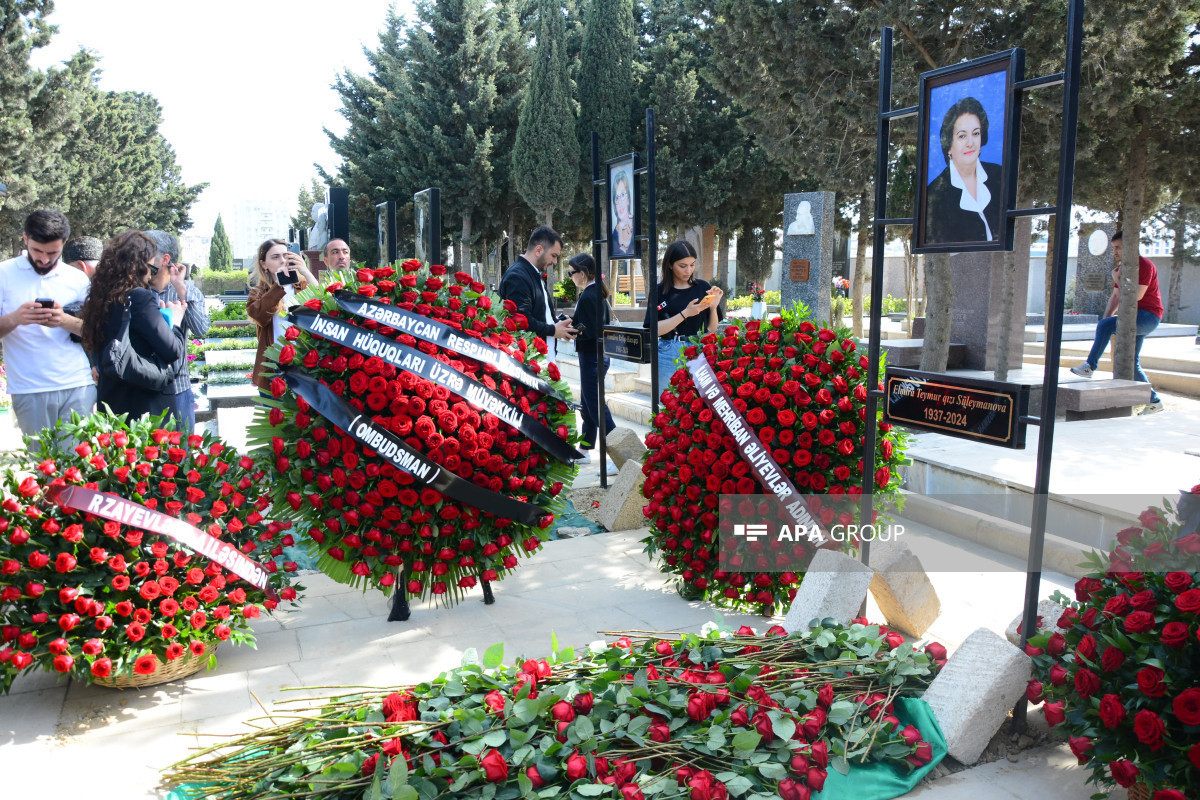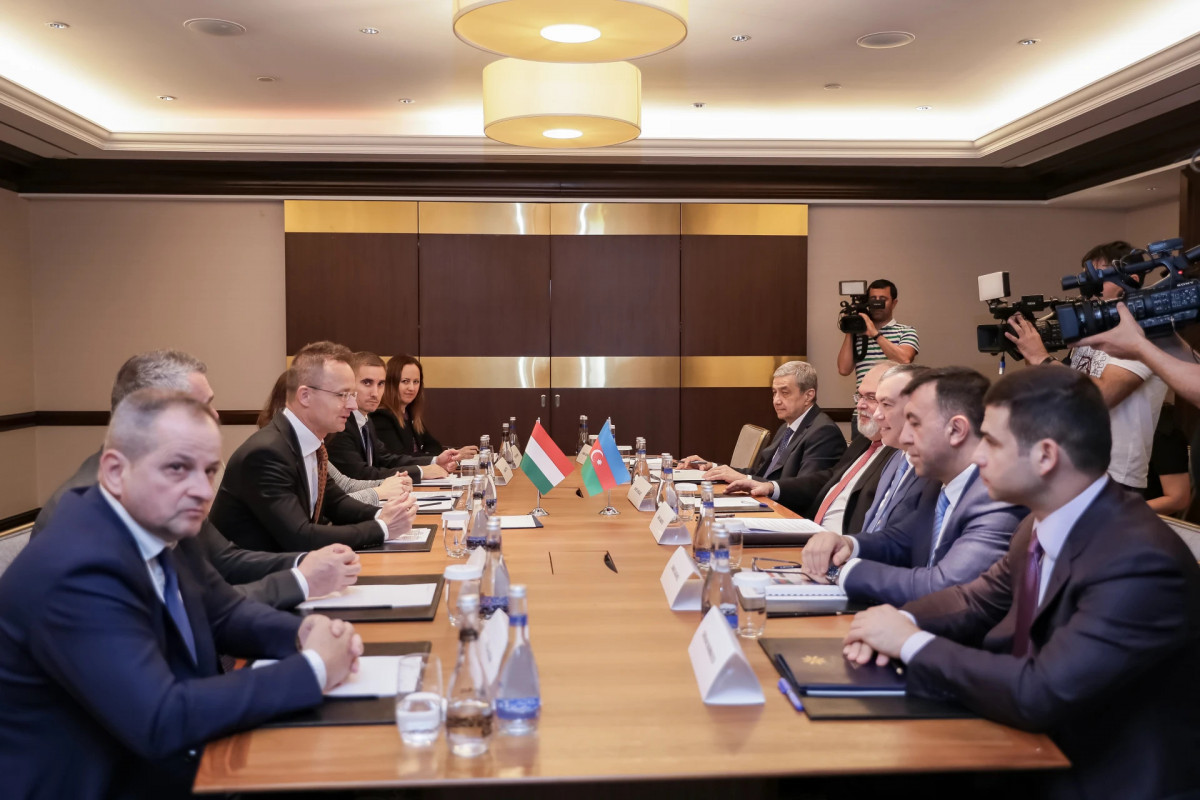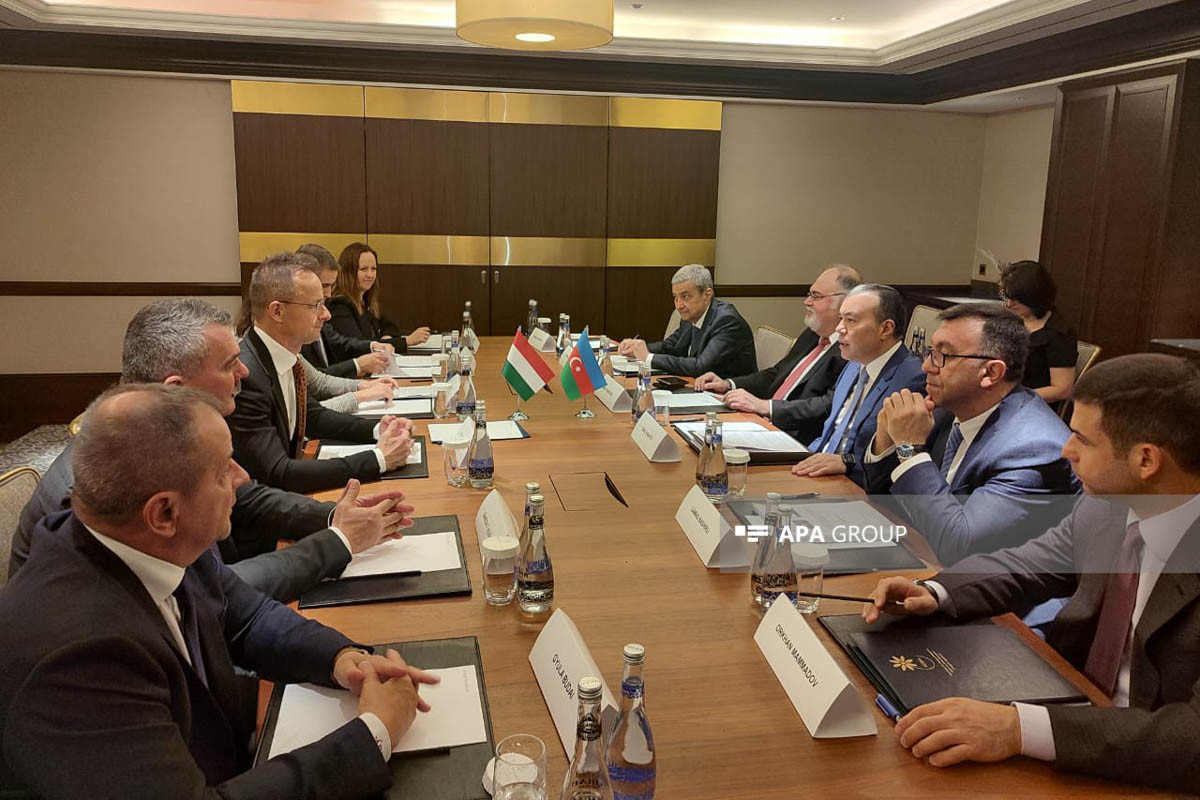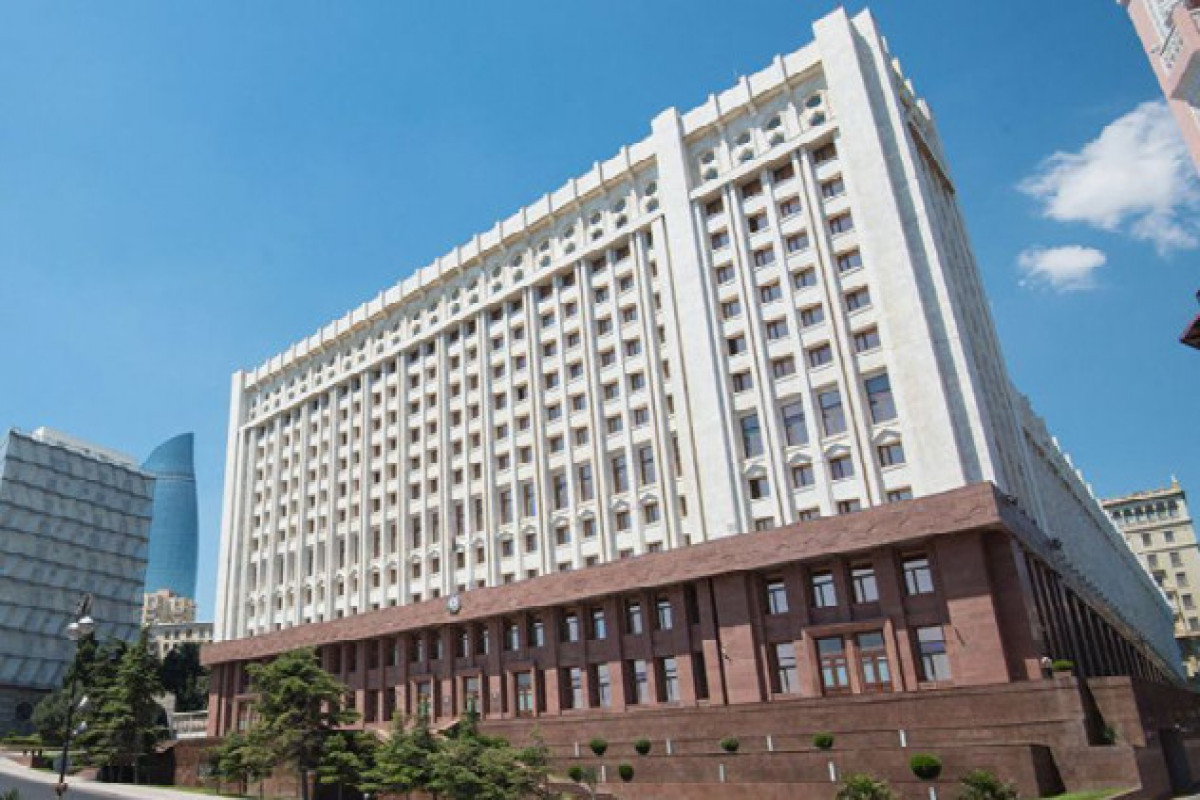Q: How do you feel about the cooperation between the Azerbaijani government and UNICEF?
A: This year UNICEF is going to mark its 25th anniversary of working in Azerbaijan. We’ve been here for more than two decades. Our cooperation with the Azerbaijani government in the protection of children and other areas has produced positive results and our cooperation has grown stronger over these years. As I said, our cooperation is at a high level. We are looking forward to expanding this cooperation.
Q: You said this year UNICEF is going to mark its 25th anniversary of working in Azerbaijan. We would like you to give us a brief overview of the achievements you have made over the past years, including those in the areas of education, health care, child protection, women's protection, etc.
A: In recent years, the infant mortality rate has been falling in Azerbaijan. This is also very commendable. Significant progress has been made in ​​eradicating and reducing the incidence of certain diseases. For example, Azerbaijan has been completely clear from poliomyelitis. As yet another achievement, I can point out the eradication of malaria. I would like to note that special attention is being paid to children's nutrition. As you know, nutrition is one of the factors that affect children’s health. Significant progress has been made in the iodization of salt for nutrition purposes.
Virtually all children have access to primary education. Regardless of their financial and physical status, their provision with education is an achievement. On the other hand, great progress has also been made in the protection of children's rights. This is reflected in the reports submitted by the Government of Azerbaijan to UNICEF. We see that good work has been done in the protection of child and in practical legislation. We also pay particular attention to preschool education. Almost two-thirds of 5-year-olds have the opportunity to study, which creates conditions for their readiness to start school. Trainings were held for about 4,000 teachers of pre-school educational institutions. All this once again speaks about achievements in various spheres, including education.
I would like to mention one issue in the sphere of juvenile justice. Over the past year and a half, more than 3,000 cases have been reviewed on the protection of the rights of children from families which have problems with law, as well as on their education with the legal assistance program. Legal assistance was rendered to children within the framework of these activities.
Q: You have mentioned that UNICEF is seeking for new areas to expand the cooperation with Azerbaijan. What new directions does your cooperation cover?
A: A new direction in cooperation with Azerbaijan is the issue of detection of disability and developmental delay in newborns. We cooperate with the government of Azerbaijan in this regard. Over the past year, we have held special trainings for 300 pediatricians. I think the trainings help pediatricians quickly detect any disabilities and developmental delays in newborns. Although this is a new area, we have done a great deal over the past year.
We pay particular attention to working with young people as well. Young people in Azerbaijan make up about a third of the population and have a specific weight. In this regard, over the past year, we have been helping Azerbaijani youths in the regions to make their own initiatives and to carry out specific activities through these initiatives through the pilot project.
Q: Is UNICEF planning to implement any new programs in Azerbaijan? What directions will these projects cover? Which local authorities will you cooperate with to implement new projects?
A: Work is being carried out on the issues of early marriage, inclusive education. As a new area, we pay special attention to raising the competences of young people. In this regard, we have come to the conclusion with our partners in Azerbaijan that there is a need to improve the structure of the youth house network. Youth houses operate in Azerbaijan’s some regions. Since late 2017, UNICEF has been implementing a pilot project in Mingachevir and one of Baku districts for the further intensification of the activities of youth houses. We want the youth to benefit from those houses as tools to increase their capacity. Our goal is to help young people prepare towards their step into the real world.
Q: How do you evaluate the situation with early marriages in Azerbaijan? How distinct do you think this situation is in Azerbaijan? What programs are being implemented to help victims of early marriages?
A: A bill prohibiting early marriages has long been adopted in Azerbaijan, and there is also a legal instrument to protect children from early marriages. The incidence of early marriages has reduced to almost zero in Azerbaijan. The legal marriage age for girls has been raised to 18 just as the boys and these successes are ongoing. UNICEF cooperates with the Azerbaijani State Committee for Family, Women and Children Affairs and Ombudsman, focusing on the issue of violation of children's rights. Forcing children into early marriage is a violation of their rights. From the theoretical point of view, progress is being made in this field in Azerbaijan. Monitoring conducted in collaboration with relevant organizations in this field shows that we have to pay more attention to the issue of increasing the influence of girls in society. Everyone should know that girls have enough knowledge and skills to contribute to society’s future development. Increasing the influence of young girls in society is a very important matter and we are carrying out work in relation to this. By increasing girls’ rights, we try to enable them as independent young women in their future lives. In my opinion, this is another tool that can prevent early marriages. I think that media outlets can also play a special role in promoting girls' rights.



 UPDATED'>
UPDATED'>


